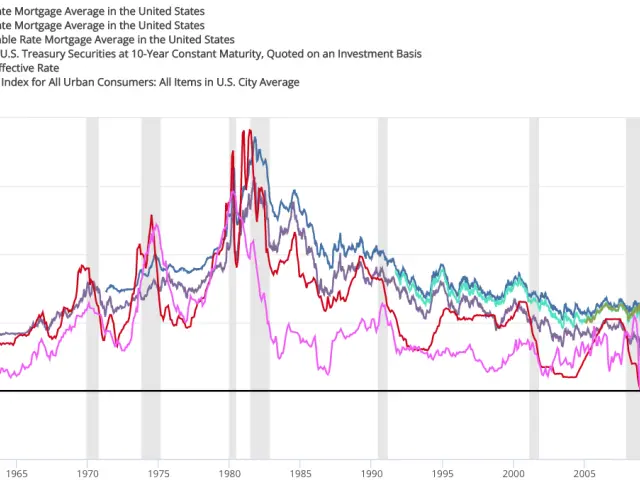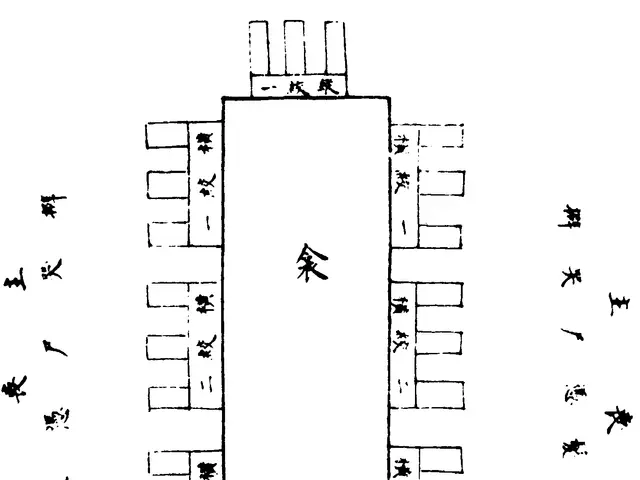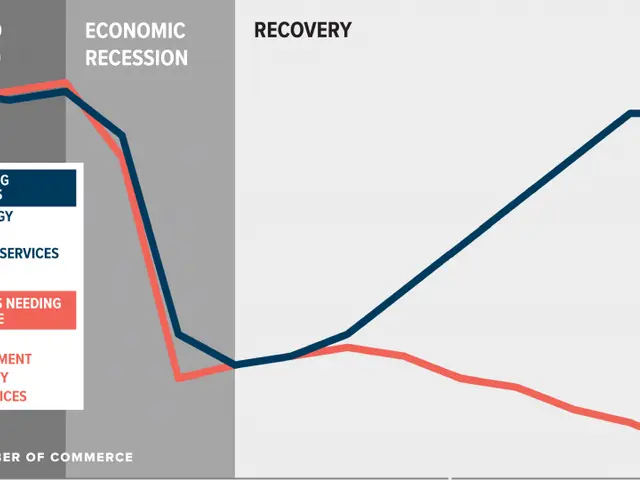East-West wage gap remains large - DGB demands collective bargaining compliance - DGB Calls for Action to Close East-West German Wage Gap
The German Trade Union Confederation (DGB) has reiterated its call for action to close the persistent wage gap between East and West Germany. Despite reunification over three decades ago, employees in the East continue to face significant disparities in earnings.
In Saxony-Anhalt and Thuringia, workers with collective agreements earn around 718 and 740 euros more per month, respectively, than those without. However, the overall wage gap remains substantial. Full-time employees in the East earn approximately 13,400 euros less per year than their Western counterparts, a difference of nearly 21 percent.
The DGB attributes this disparity primarily to the lower level of collective bargaining coverage in the East, with only 42 percent of employees working in companies under collective agreements, compared to 50 percent in the West. This gap also impacts special payments like holiday and Christmas bonuses. The union argues that wage dumping, where companies exploit lower wages in the East, is a significant factor.
The DGB's state leader in Saxony-Anhalt, Susanne Wiedemeyer, has emphasized that closing this wage gap is a promise of German unity yet to be fulfilled. She calls for a federal pay fairness law to strengthen collective bargaining and stop wage dumping. Despite this, no specific companies in Erfurt or Magdeburg have been identified as actively working to reduce the East-West wage gap through collective wage agreements.
The wage gap between East and West Germany persists, with employees in the East effectively working for free for a significant portion of the year due to the disparity. The DGB demands a federal pay fairness law to address this issue and promote unity. However, concrete examples of companies actively working to reduce the gap through collective wage agreements remain elusive.
Read also:
- India's Agriculture Minister Reviews Sector Progress Amid Heavy Rains, Crop Areas Up
- Sleep Maxxing Trends and Tips: New Zealanders Seek Better Rest
- Over 1.7M in Baden-Württemberg at Poverty Risk, Emmendingen's Housing Crisis Urgent
- Life Expectancy Soars, But Youth Suicide and Substance Abuse Pose Concern







